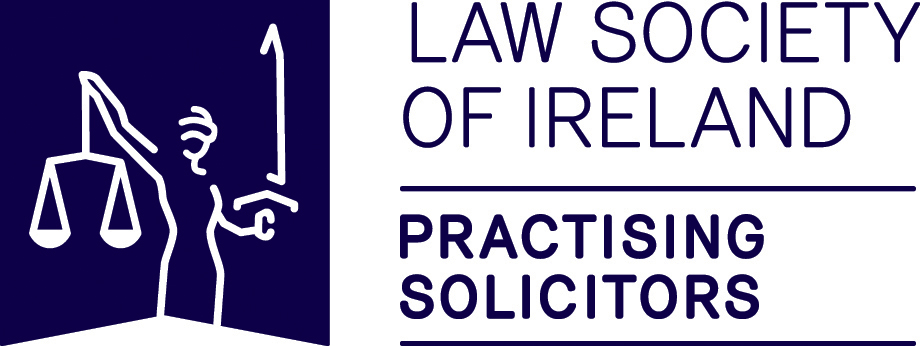
Dealing with bad debts is often the least palatable part of being in business. And it’s a problem that never seems to resolve itself.Without cash flow, business cannot survive. So managing billing and payment is an absolute priority, whether we like it or not.Eleanora Taylor appreciates there are countless reasons why businesses let debt build up. We’re all human. Yet we still have to meet the bank manager.When it comes to collecting what’s owed, certain judgment calls have to be made. Prime amongst them is whether or not it’s worth spending money on chasing what cannot be returned.
You will have to balance your legal options against commercial realities. Rest assured – accompanied by Eleanora Taylor – you will develop a strategy particular to your business interests. And you will quickly determine the most cost-effective course of action.
You’ll also get the essential advice to help you avoid collection problems in future. With Taylor Solicitors Cork, you will be able to fashion terms and conditions on which you
can base all new commercial encounters.
It certainly will take the worry out of this part of your enterprise. Here is how we go about recouping what may be outstanding.
Debt Collection Process
Step 1: Initial Demand Letter
The debtor must always be made aware of the debt and be advised of any impending legal action by a creditor. For this reason, the first step in a typical debt recovery action
is issuing what’s known as a Letter of Demand Before Action. This can sometimes be sufficient to prompt the debtor into payment. Alternatively, this letter can encourage
full or partial payment or a negotiation process whereby Court action can be avoided. If payment is not forthcoming after the initial demand letter is sent, we can then move to
issuing proceedings.
Step 2: Issue Legal Proceedings
Depending on the amount of debt involved, we issue proceedings in the District Court, Circuit Court or High Court. If the debtor refuses to respond to the proceedings we can
then make an application to the Court for Judgment against the debtor.
Step 3: Enforcement of Proceedings
Once we have obtained Judgment against the debtor, we look at all the available options to come up with the most effective way of enforcing the Judgment. The options available will depend on the level and type of debt and can include, an instalment order, judgment mortgage or sending the Judgment to the
Sherrif’s Office for enforcement.
At all stages throughout a Debt Collection case, we give our clients a definite breakdown of costs involved and a clear picture of where we are headed.
Find out more about steps you can take to make sure you get paid on time.
Contact us today to find out more.


